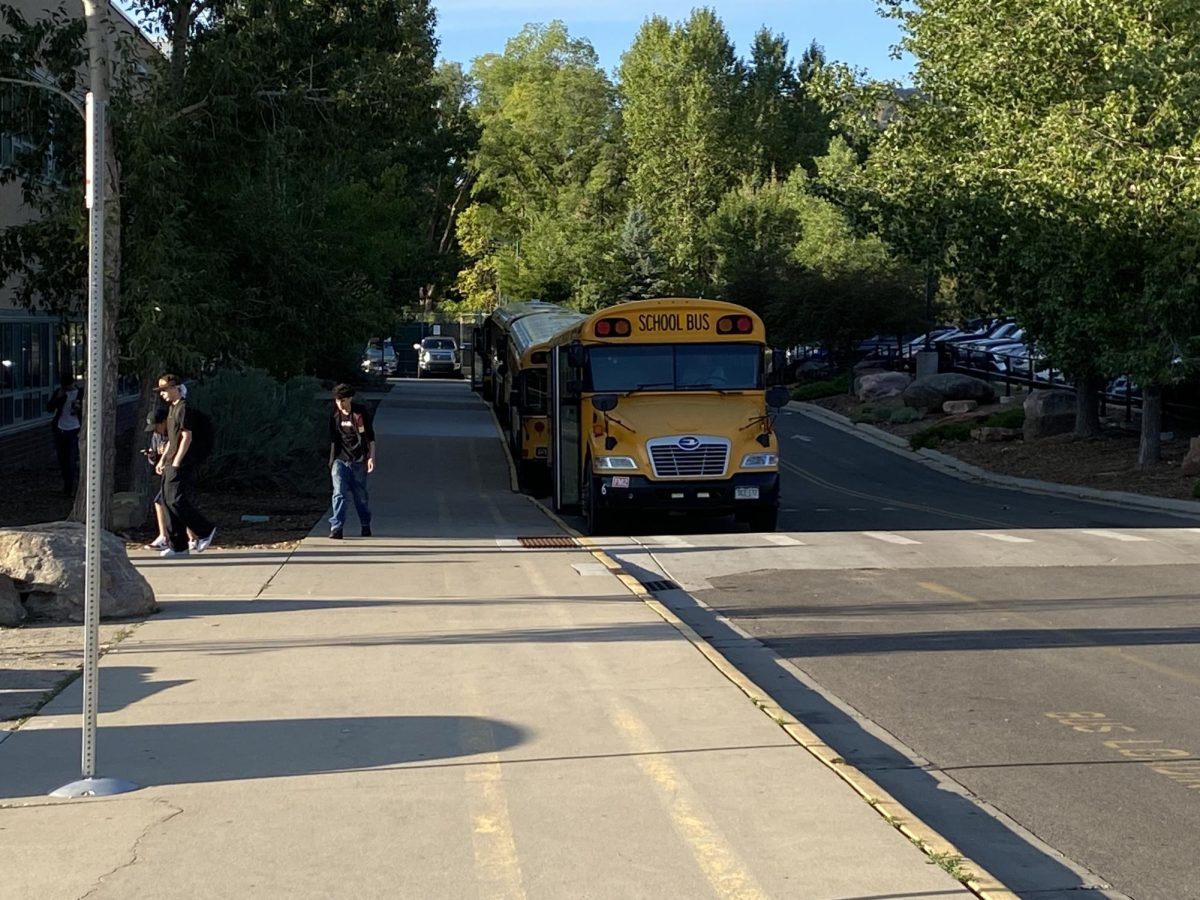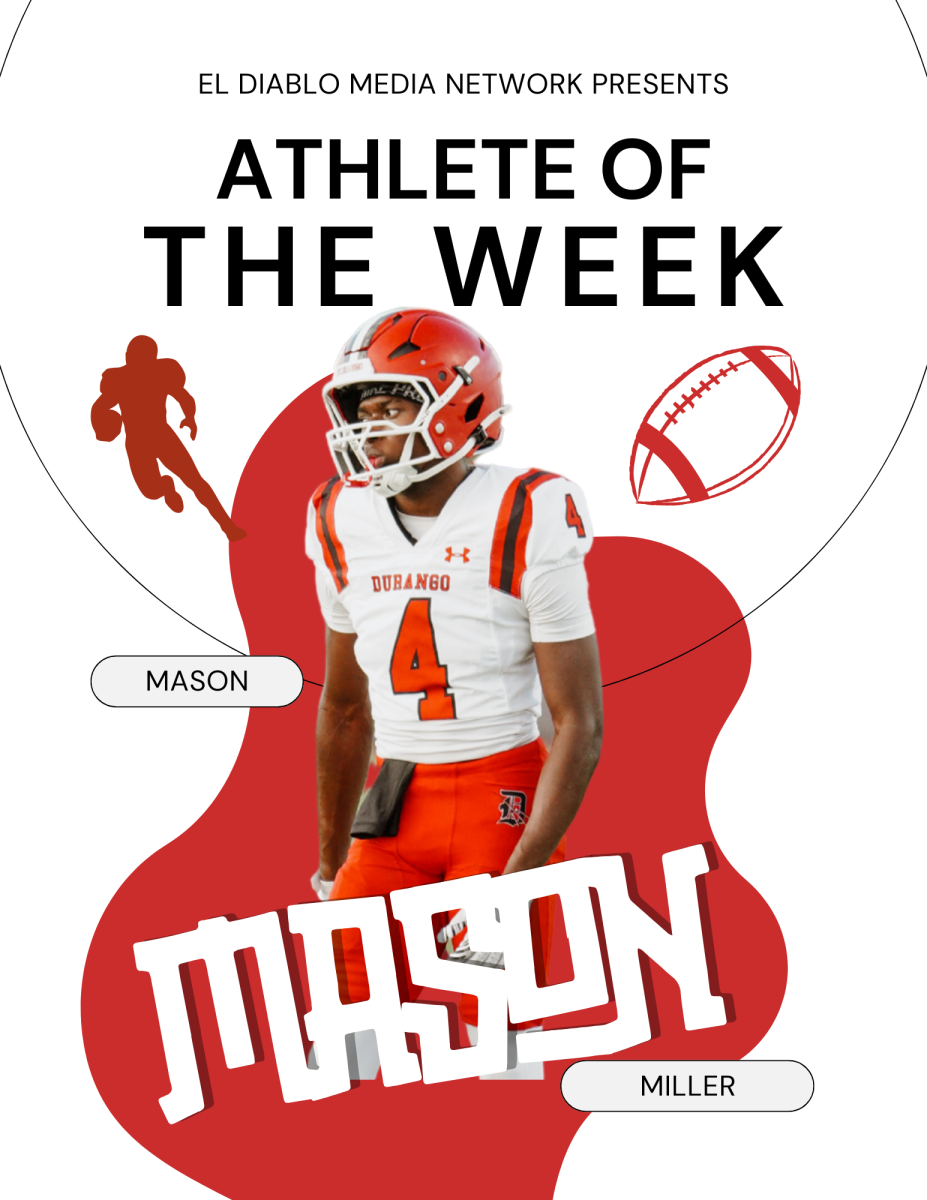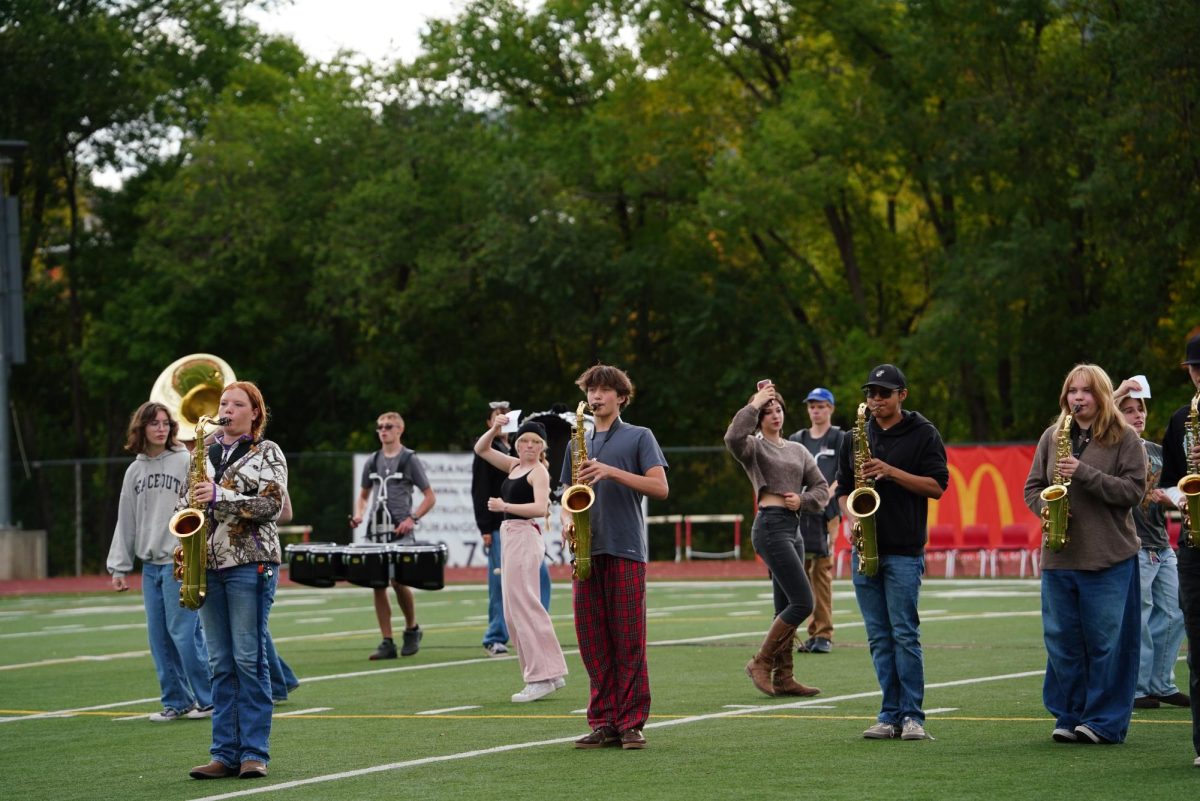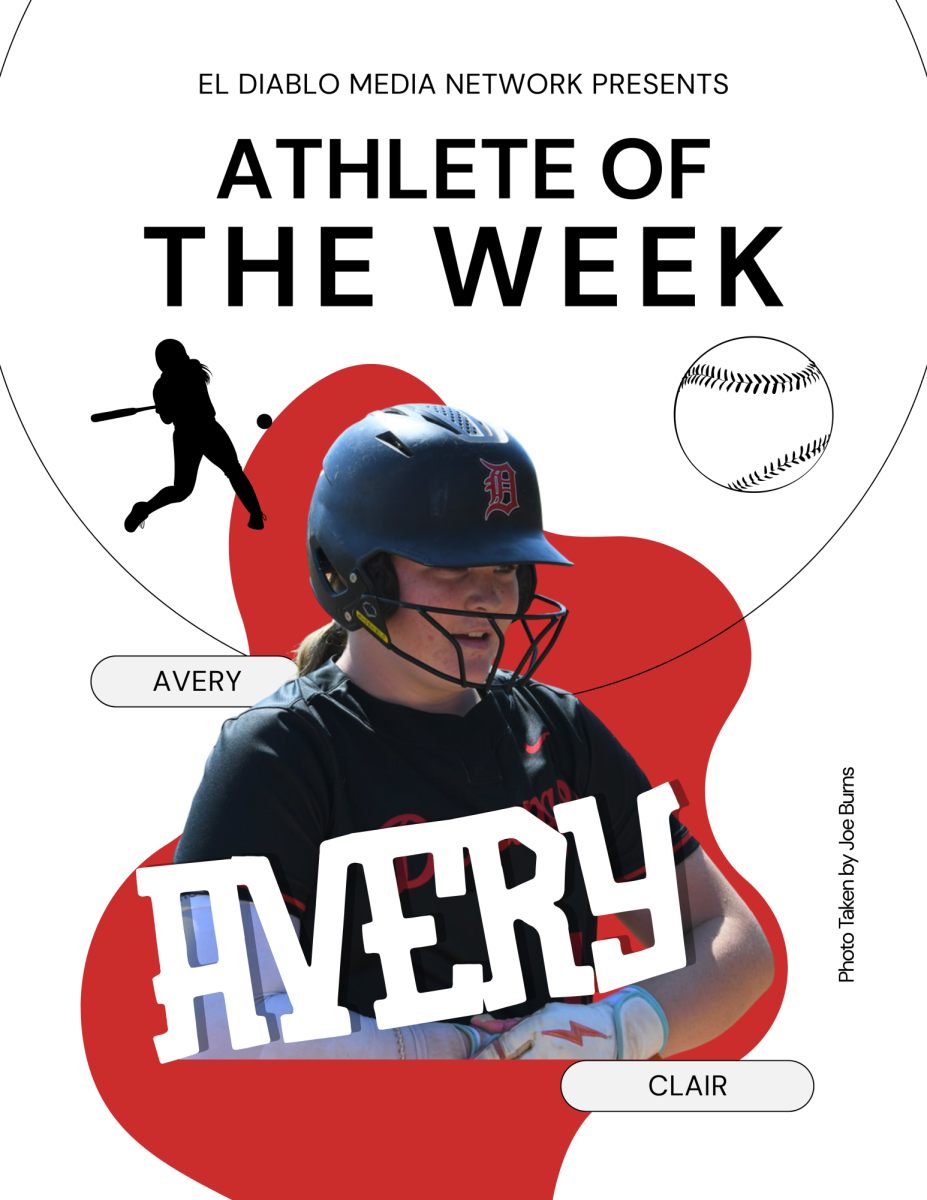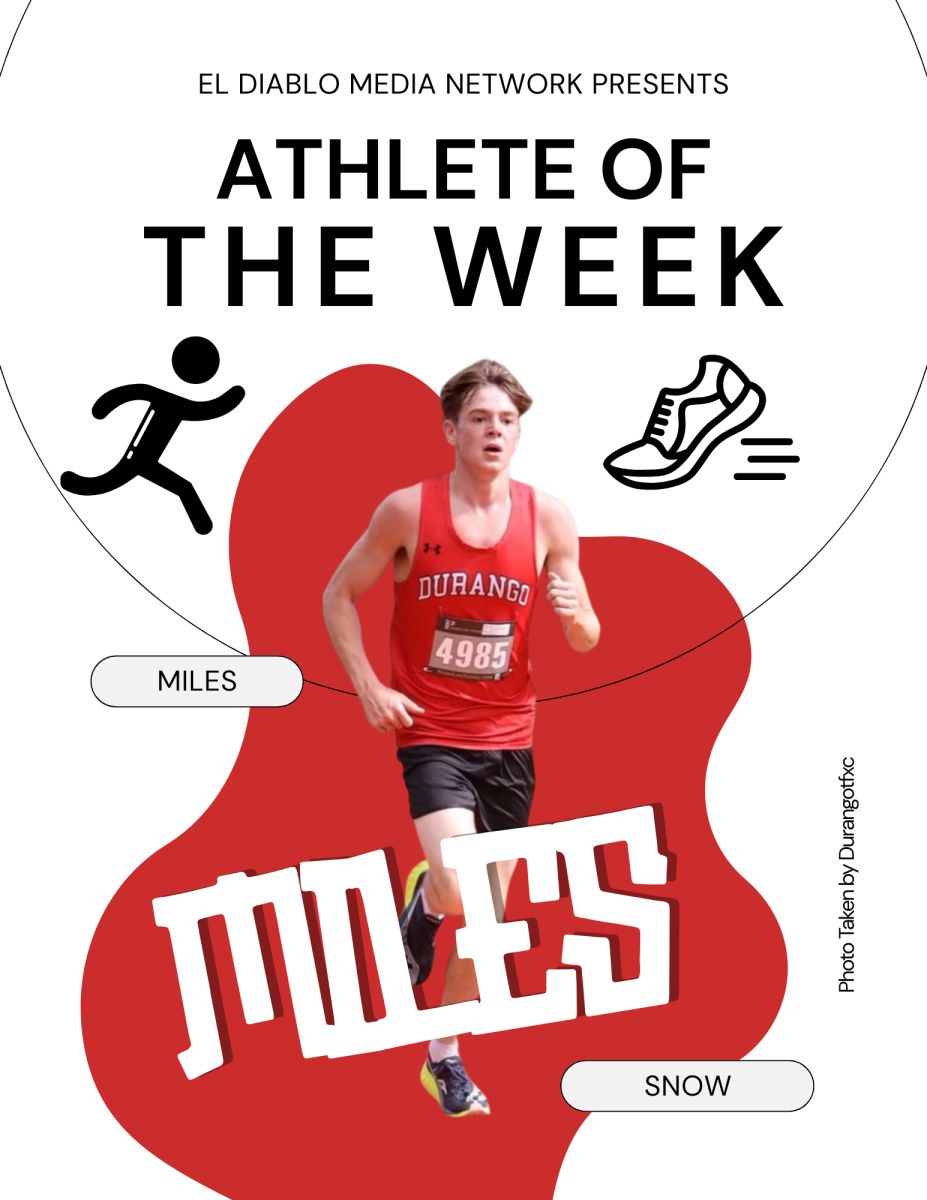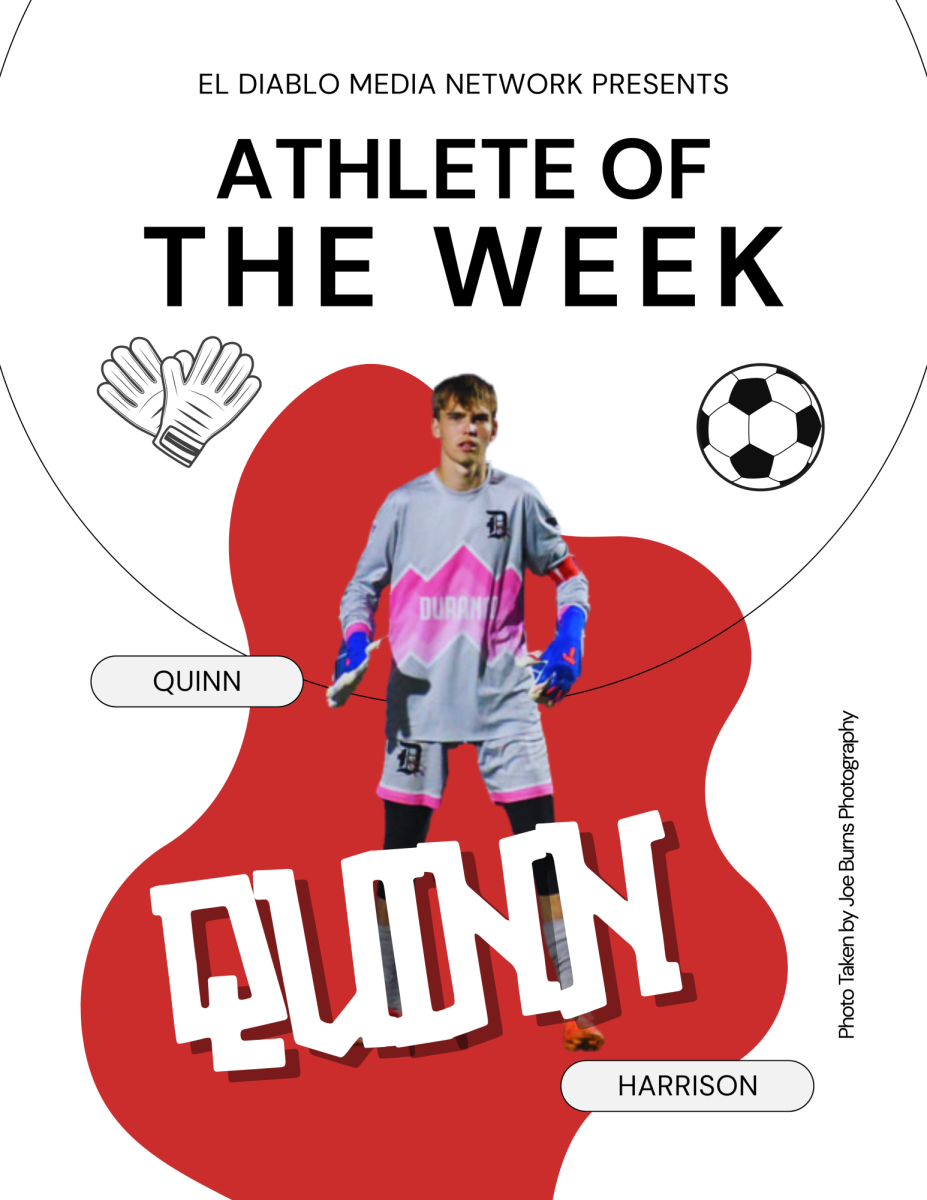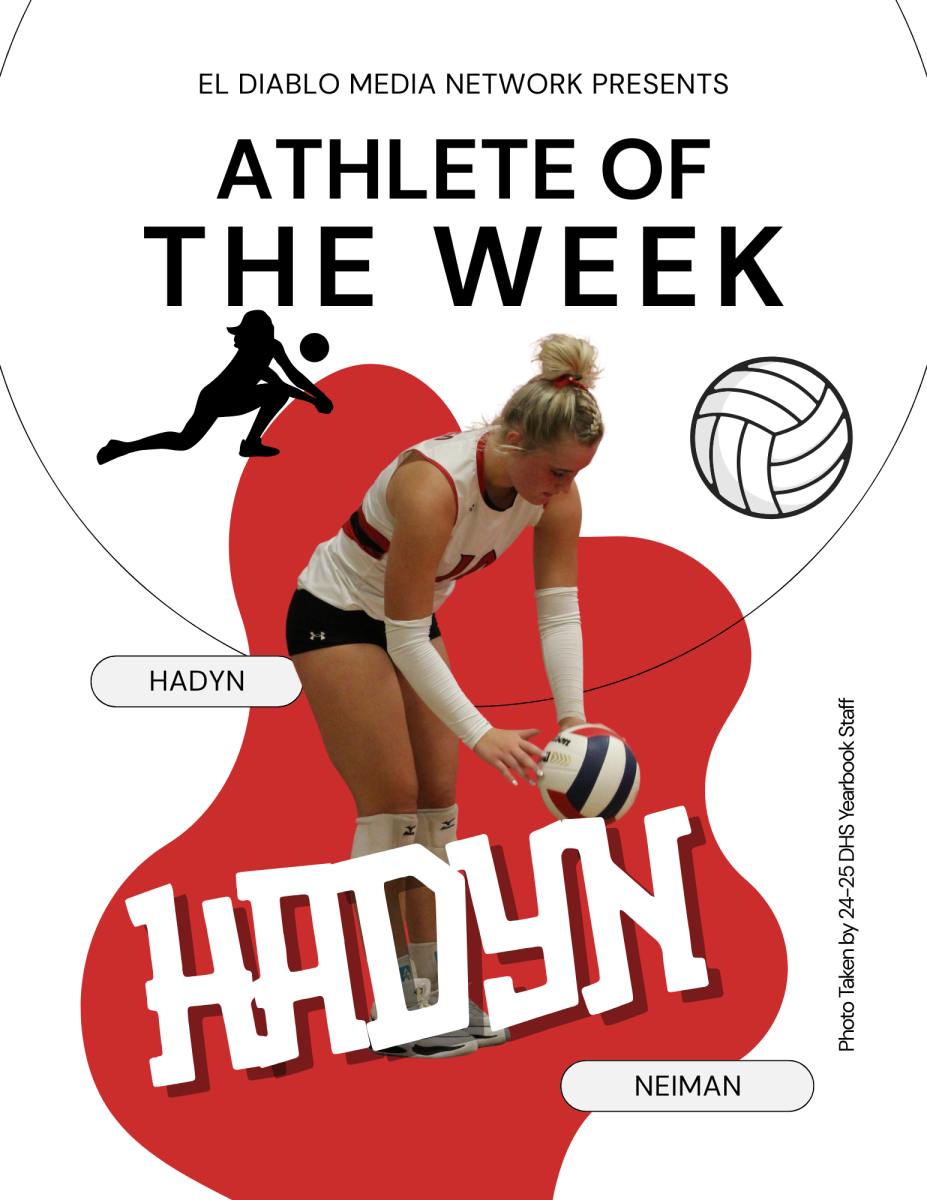After school, rain or shine, hundreds of DHS athletes take to the fields, courts, and trails to practice in order to prepare for the myriad of tournaments, games, and meets across the fall season.
In order to be able to compete, unsung heroes – bus drivers – safely ferry students to and from their destinations, driving for hours, over mountain passes, and in any weather conditions imaginable. And it’s not just in the fall: drivers complete these journeys in the winter and spring as well.
But this year, sports teams at DHS are having to get a little more creative. The school district is experiencing a shortage of bus drivers, just “like many other school districts across Colorado and the nation,” according to a transportation update on the Durango School District website.
In the same update, it stated that the school district has enough bus drivers to cover all the school routes with one substitute driver.
However, that means if a driver is sick or unable to drive that day, there are no more bus drivers to take athletes to out-of-town games.
Ryan Knorr, the District Athletics and Activities Director, first learned about this just a few weeks before the school year began. He thought the teams and the school district were going to navigate this problem only if two or three bus drivers called out sick in one day, “because that’s kind of been as bad as it’s been in the past,” he said.
In addition, the teams had “a little more leeway with getting charter [buses],” in years past, but a significant budget cut this year across the district this year makes it harder to secure funds for these buses.
Overall, Durango School District has been denied federal funds in several areas, and ”Every department has already cut 10% from its budget. Each school has reduced its discretionary budget by 5%,” according to the Durango School District Website.
Because of this budget cut, teams will have to cover any extra cost when taking a charter bus. However, sometimes these buses can be more cost effective than a school bus.
“This shortage seems worse than anything I’ve experienced since I’ve been here,” Knorr said.
However, the shortage of bus drivers has not yet stopped teams from competing. Teams, coaches, and the Athletic Department have come up with many solutions.
Some of these solutions include licensing coaches to drive mini buses for smaller teams, and ”trying to find a way to clear parents as volunteer drivers to carpool,” which as of now isn’t official, said Knorr.
However, it’s not always feasible for teams to take multiple mini buses, especially if they have large rosters. “We can easily get a softball team with 14 people on the roster to an event compared to a football team that has 50 people,” said Knorr. Larger teams have a harder time securing transportation to games and competitions.
Many smaller teams, such as boys golf and softball, already have their coaches drive mini buses to their tournaments and games.
In order to work around this challenge, some teams have opted for closer competition. “We have made a lot of changes to our scheduling already, but it’s always possible that we could continue to try to find better ways to get all of our games in,” said Knorr.
However, staying a little bit closer to home can have its disadvantages too. Many of leagues DHS sports teams are a part of are at least three hours away, in towns like Grand Junction and Montrose. However, some teams have to travel even further to play in CHSAA-scheduled league games and see similar levels of competition as they would in State competitions.
For example, football is a part of a northern Colorado Springs League. “We’re kind of on this island that once we hit state, it’s hard to know how we compare if we don’t see them in the regular season,” said Knorr. He hopes that this transportation issue doesn’t lead to a loss of competition for DHS teams.
While the transportation issue can seem like another hassle for coaches, bus drivers, and the Athletic Department, it’s been “really warming and pleasant to see the amount of people who are willing to jump in and get their hands dirty and try to assist when there’s a need,” Knorr said of the community support.
“I think there’s a lot of times where we get faced with challenges and it’s easy to feel sorry for ourselves or get frustrated, but I think a lot of times the cool thing about Durango is that some neat things can come out of problems.”



